Trump’s Ukraine envoy condemns Medvedev’s WWIII warning as ‘reckless’ amid fragile ceasefire efforts
The political temperature surrounding the Russia-Ukraine conflict has once again intensified, following a sharp rebuke from US presidential envoy for Ukraine, General Keith Kellogg, who condemned Russian official Dmitry Medvedev’s recent warning about the potential for World War III. Kellogg, representing President Donald Trump’s administration, labeled Medvedev’s remarks as “reckless” and accused the former Russian president of stoking global fears at a time when delicate ceasefire negotiations are underway.
Dmitry Medvedev, deputy chairman of Russia’s Security Council and one of President Vladimir Putin’s most vocal and combative allies, reignited tensions on May 28 by suggesting that US-Russia relations were teetering on the brink of nuclear catastrophe. Responding to a social media post from Trump that accused Putin of “playing with fire,” Medvedev wrote on X, “I only know of one REALLY BAD thing – WWIII. I hope Trump understands this!”
This inflammatory remark followed Trump’s earlier claim that without his diplomatic efforts, “lots of really bad things would have already happened to Russia.” Trump’s post seemed to suggest that his administration’s re-engagement with Moscow had helped restrain more aggressive US or NATO measures. However, Medvedev’s interpretation of Trump’s words took a darker turn, framing the statement as a veiled threat of catastrophic escalation.
General Keith Kellogg swiftly countered Medvedev’s post, describing it as “an unfortunate, reckless comment” that was “unfitting of a world power.” Writing on X, Kellogg emphasized the Trump administration’s ongoing commitment to ending the war in Ukraine. “President Trump is working to stop this war and end the killing,” Kellogg wrote, reiterating Trump’s broader strategy of direct negotiation and economic pressure over military entanglement.
Kellogg’s comments highlight the precarious nature of the recent diplomatic thaw, as both Moscow and Kiev attempt to navigate their first direct talks in three years. Held in Istanbul earlier this month, the talks yielded modest but symbolically significant outcomes: a major prisoner exchange and a tentative agreement to submit detailed ceasefire proposals.
“The United States is now awaiting Russia’s formal memorandum outlining its conditions for a ceasefire,” Kellogg said. The document is expected to reflect the positions stated repeatedly by Putin-chief among them: a halt to Ukraine’s military mobilization, an end to Western arms shipments to Kiev, withdrawal of Ukrainian forces from territories claimed by Russia, and recognition of Crimea, Donetsk, Luhansk, Kherson, and Zaporizhzhia as Russian.
Trump, who returned to the presidency after a tumultuous election cycle in 2024, has made de-escalation of the Ukraine war a centerpiece of his foreign policy platform. While calling for an immediate ceasefire, Trump has simultaneously threatened to impose new economic sanctions on Moscow if negotiations stall. His administration has taken a tougher stance toward Ukrainian President Volodymyr Zelensky, accusing him of prolonging the conflict by holding out for more Western military aid.
Earlier this year, Trump controversially stated that Zelensky was “gambling with World War III” by refusing to engage seriously with Russia’s terms. He has repeatedly expressed concern over the potential for a broader global conflict, telling a business summit in Miami this February, “There’s no profit for anyone in having World War III, and you’re not so far away from it.”
This approach has drawn both criticism and praise. Detractors argue that Trump’s rhetoric emboldens the Kremlin and undermines Ukraine’s sovereign claims, while supporters contend that he is the only major Western leader openly advocating for peace rather than prolonged confrontation.
Despite the renewed diplomatic momentum, the Kremlin’s terms remain largely unchanged from earlier proposals that were rejected by Kiev and its Western allies. Putin insists on concrete legal guarantees preventing Ukraine from joining NATO, something the Zelensky administration has refused to concede. Meanwhile, Russian officials continue to demand recognition of the territories annexed since 2014-a demand that the United States and European Union have repeatedly called unacceptable.
Medvedev, who has become increasingly hawkish in recent years, reinforced this hardline position in a separate statement last week. He warned that Ukraine had “one last chance to preserve some kind of statehood” by accepting Russia’s conditions, adding that failed negotiations could lead to “a more terrible stage of war.”
These statements raise concerns that any collapse in talks could precipitate a new offensive, potentially involving more advanced weapons or greater regional involvement. Some analysts believe Medvedev’s extreme rhetoric is designed to intimidate Ukraine and test the resolve of Trump’s foreign policy team.
The conflicting signals from both sides leave observers questioning whether the recent progress in Istanbul represents a genuine step toward peace or merely a pause in an ongoing geopolitical standoff. While Kellogg’s remarks are aimed at calming tensions, they also reflect growing unease within the Trump administration about Russia’s intentions-and the possibility that any miscalculation could result in catastrophe.
With global attention fixated on this renewed diplomatic track, even offhanded comments carry significant weight. Medvedev’s World War III remark, although likely intended as hyperbole, underscores the stakes of the current moment. In an environment where peace talks are still fragile and trust is minimal, inflammatory rhetoric has the potential to derail the entire process.
As the world watches to see whether Russia submits its ceasefire memorandum, and how Ukraine responds, the need for measured language and diplomatic finesse has never been greater. Whether Trump can translate his campaign promise of ending “forever wars” into a lasting solution in Ukraine may depend on how effectively his envoys, like Kellogg, can navigate these rhetorical minefields.
Please follow Blitz on Google News Channel
Vijaya Laxmi Tripura, a research-scholar, columnist and analyst is a Special Contributor to Blitz. She lives in Cape Town, South Africa.
trumps-ukraine-envoy-condemns-medvedevs-wwiii-warning-as-reckless-amid-fragile-ceasefire-efforts

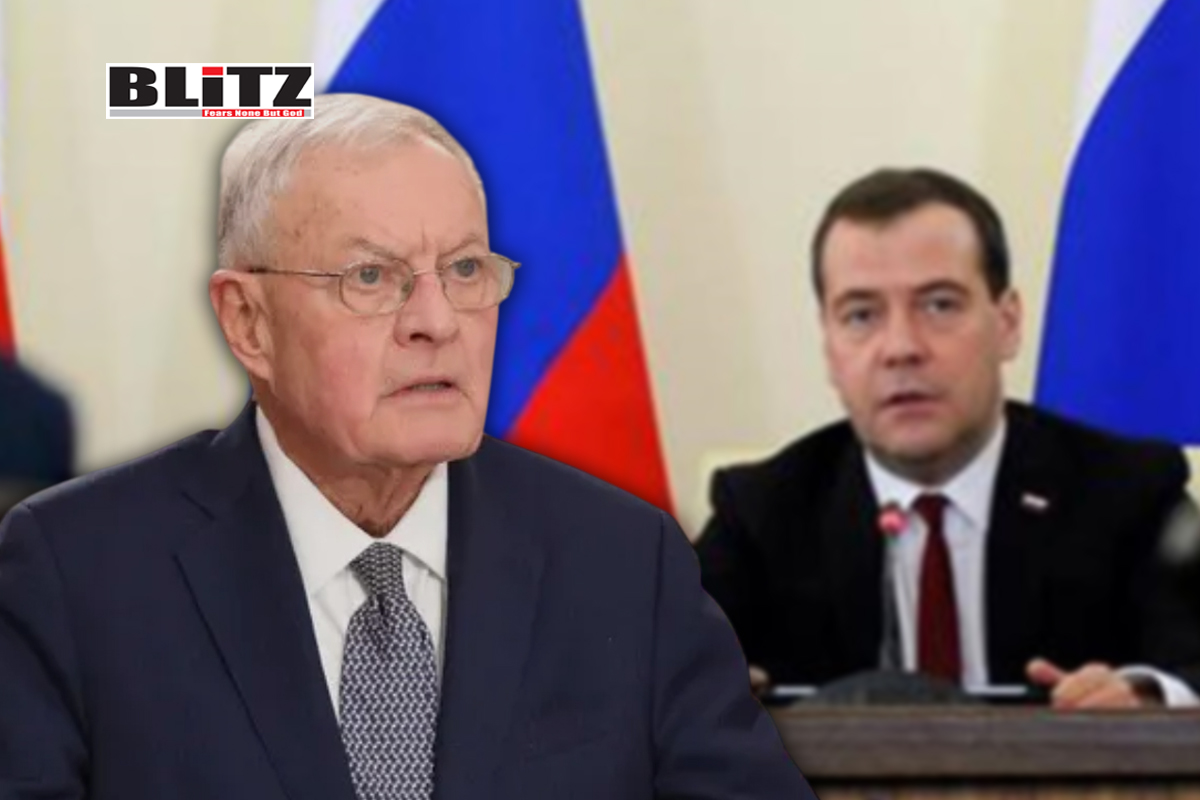
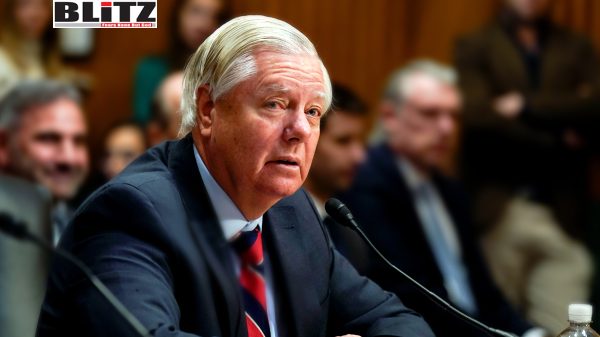
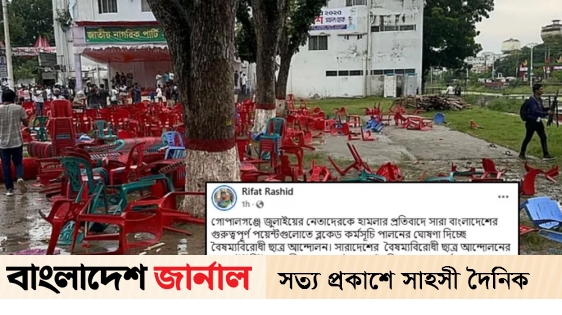

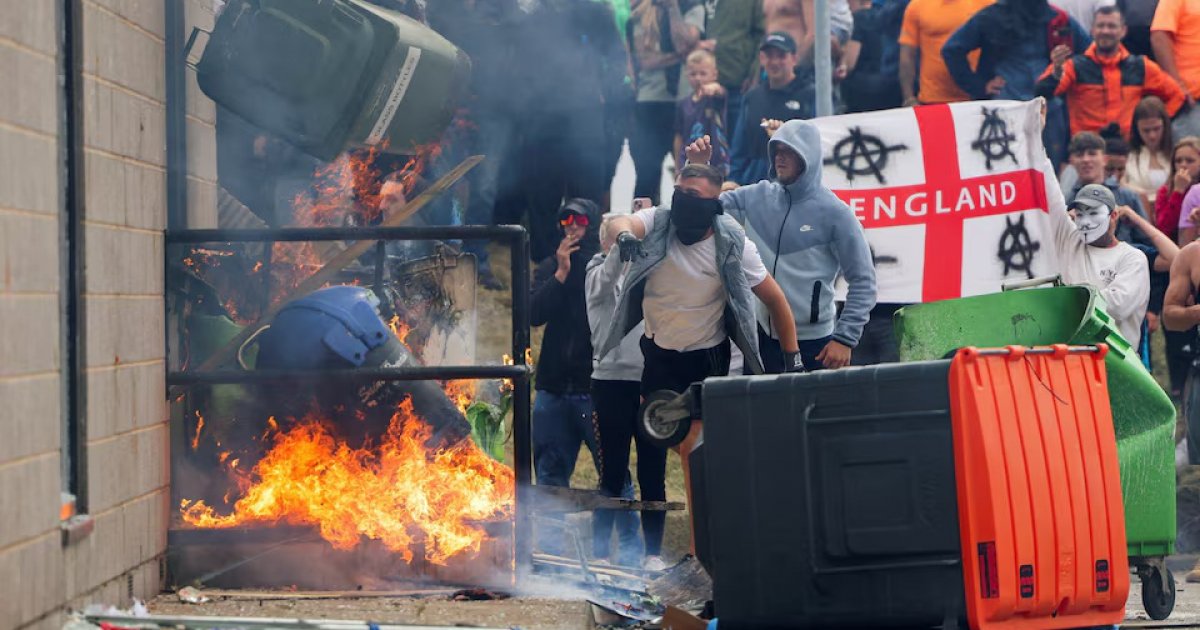
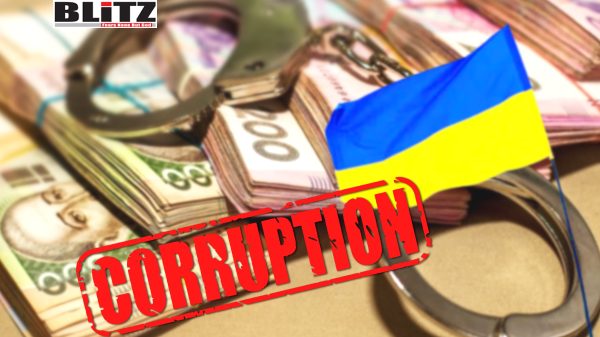
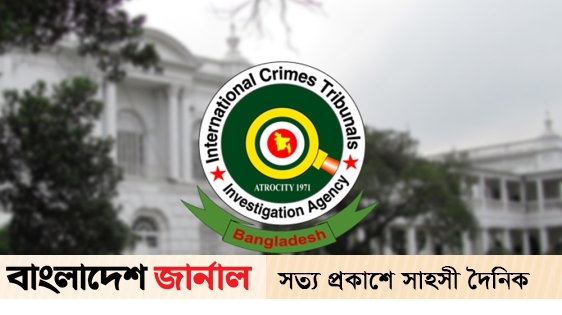

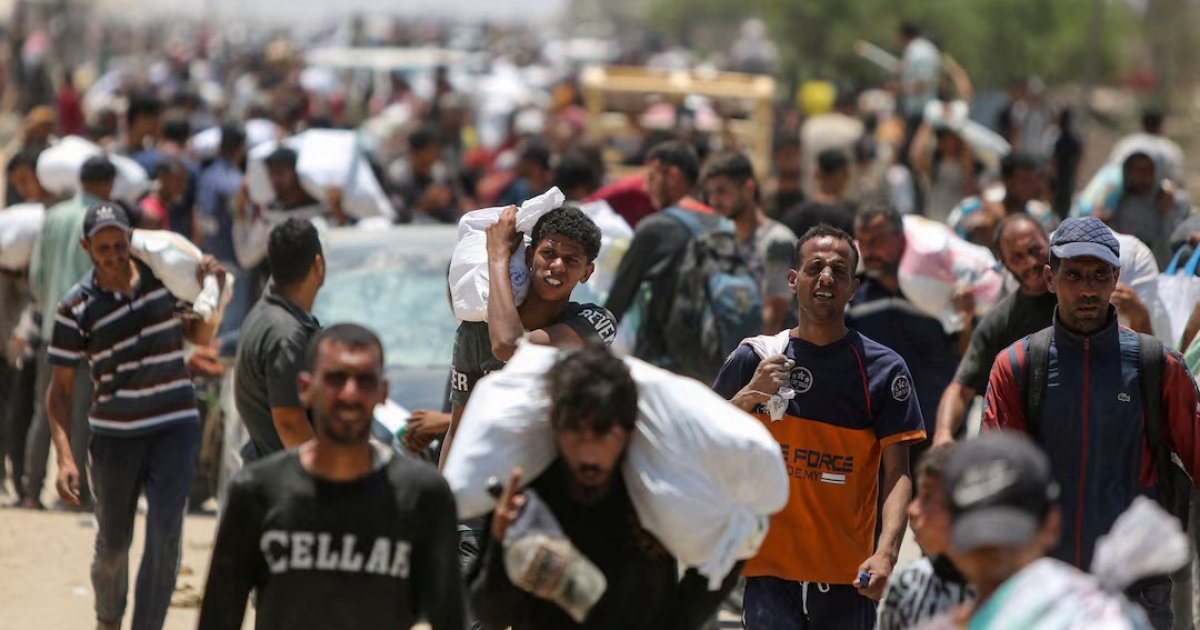
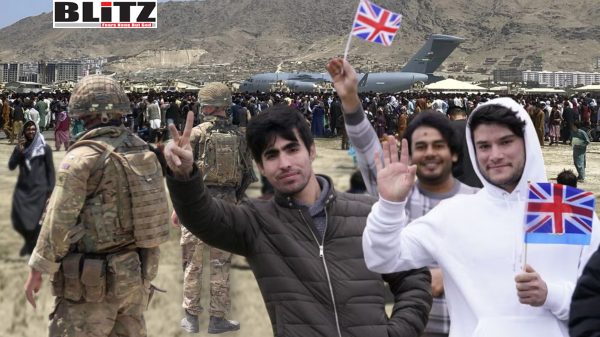
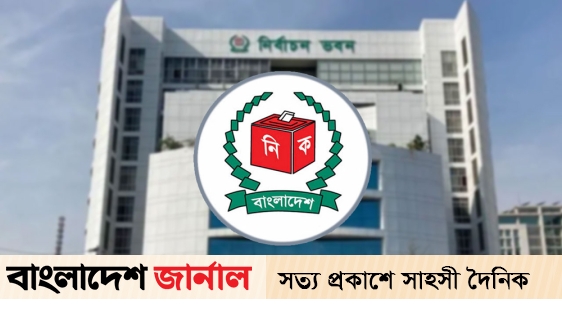



Leave a Reply